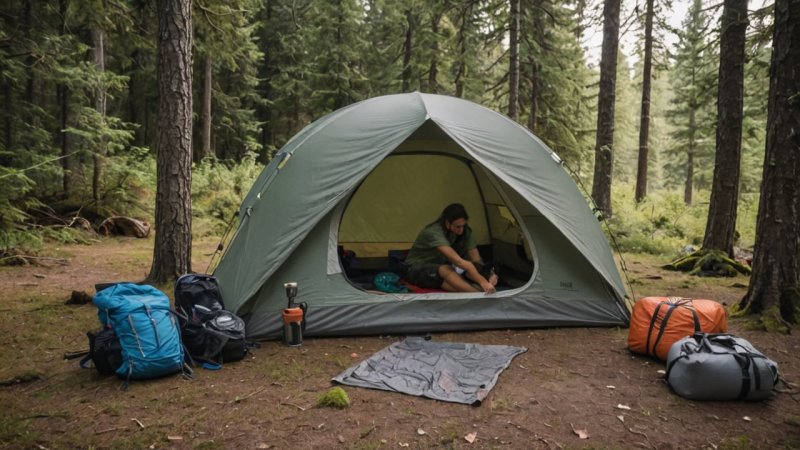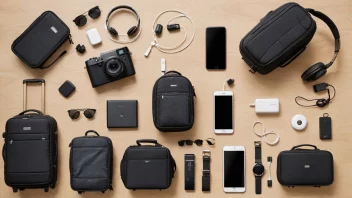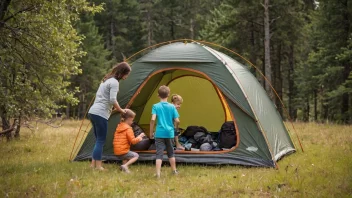Camping is a fantastic way to escape the hustle and bustle of daily life, reconnect with nature, and create lasting memories. However, the success of your camping trip largely depends on the gear you bring along, and none is more crucial than your tent. With a myriad of options available, choosing the right tent can be overwhelming. This guide will help you navigate through the essential factors to consider when selecting a tent that best suits your needs.
First and foremost, consider the tent's capacity. Tents come in various sizes, typically designed to accommodate two, four, six, or more people. When selecting a tent, take into account not only how many people will be sleeping in it but also the amount of gear you’ll have inside. For a comfortable experience, it’s wise to choose a tent that offers a bit more space than the number of occupants. For instance, if you’re camping with three friends, a four-person tent would provide ample room for sleeping bags, backpacks, and other gear.
Next, think about the weather conditions you might encounter. If you’re planning a summer camping trip, a lightweight, breathable tent with good ventilation will keep you cool. Look for features like mesh panels that allow for airflow while keeping bugs out. On the other hand, if you anticipate rain or cooler temperatures, you’ll want a tent designed for those conditions. Look for tents with water-resistant coatings, sturdy rainflies, and a solid footprint to keep you dry.
Durability is another critical factor. The materials used in a tent can greatly affect its lifespan and performance. Most tents are made from either nylon or polyester, with nylon being lighter but less durable than polyester. Additionally, pay attention to the tent’s poles; aluminum poles are generally stronger and more durable than fiberglass ones. When camping in rugged terrain, a tent with durable materials will hold up better against wear and tear.
Ease of setup is also an important consideration. After a long day of hiking, the last thing you want is to struggle with your tent. Look for tents that are easy to pitch, ideally with color-coded poles and clips that make assembly straightforward. Some tents even come with pop-up designs, making setup a breeze.
Weight matters if you plan to hike to your camping site. If you’re backpacking, opt for a lightweight tent that won’t add significant bulk to your pack. Conversely, if you’re car camping, weight may not be as critical, allowing you to choose a more spacious model without worrying about how much it weighs.
Lastly, consider your budget. Tents come in a range of prices, so it’s essential to find a model that fits your financial constraints while still meeting your needs. Remember, investing in a quality tent can enhance your camping experience and keep you comfortable in the great outdoors.
In conclusion, choosing the right tent for camping involves assessing its capacity, weather suitability, durability, ease of setup, weight, and price. By weighing these factors, you can find a tent that will enhance your outdoor adventures and provide a comfortable shelter for many nights under the stars.
Choosing the Perfect Tent for Your Adventure
Discover essential tips for selecting the perfect tent to enhance your camping experience and ensure a comfortable adventure in the great outdoors.






